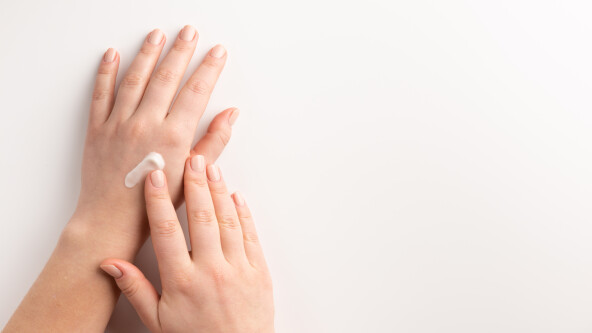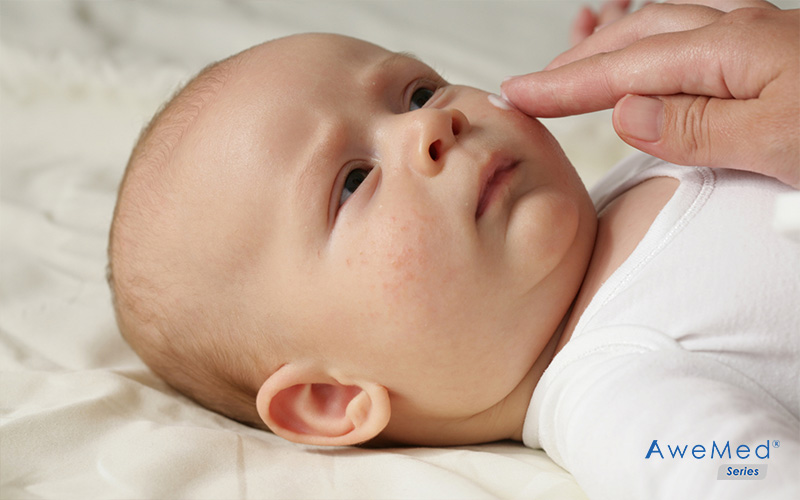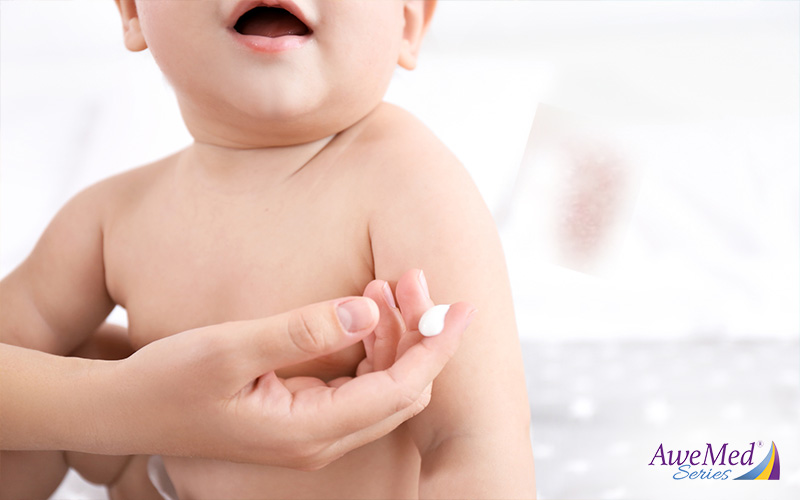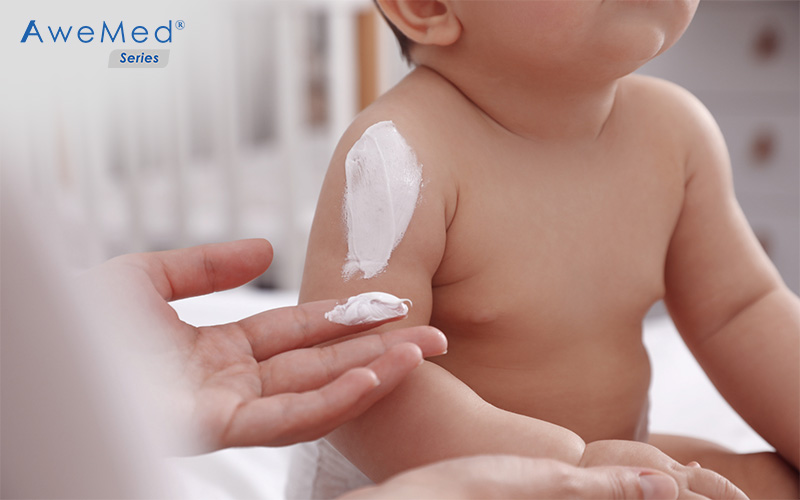
REDNESS, itchiness, oozing, inflammation and dryness are common symptoms of eczema.
“Eczema is skin inflammation that affects the outer layer of the skin, and results from a variety of different causes and has various patterns,” says Dr. Tay Liang Kiat, consultant dermatologist and dermatologic surgeon at Dermatology and Surgery Clinic.
He says the most common form of eczema is atopic dermatitis, and there is nearly always a family history of dermatitis, or other atopy such as allergic rhinitis or asthma.
Dr Liew Hui Min, consultant, Dermatology Service at KK Women’s and Children’s Hospital (KKH), says: “In moderate-to-severe cases, the affected person’s quality of life can be severely impacted, leading to psychosocial, family and relationship issue.
Common triggers for eczema include hot and humid weather, haze, dust mites, skin infection, mosquito bites and stress.
Adjunct Associate Professor Derrick Aw, senior consultant, Department of Internal Medicine at Sengkang Health, points out that except for clear-cut contact eczema (which can be cured by absolute avoidance of the confirmed allergen or irritant), the condition is generally incurable.
The skin may sometimes appear to be completely clear but many a time, it is just waiting for a chance to flare up again due to stress or a poor skincare routine. These may trigger an itchy sensation and then a vicious circle of atopic eczema begins.
CARE AND TREATMENT
A good skincare routine in paramount for eczema patients. Prof Aw says that regular and generous moisturising with a chilled moisturising lotion, instead of a cream, is helpful in repairing the skin barrier.
He clarifies that physical exercise is not known to help treat eczema. In fact, exercising in hot and humid Singapore may worsen it because perspiration irritates the skin, and blood vessels open up in the skin, which brings in more white cells to cause more inflammation.
According to Dr. Mark Koh, head and senior consultant, Dermatology Service at KKH, topical steroids help to decrease the redness and inflammation seen in the skin affected by eczema.
Some international studies have shown that about 30 percent of patients and parents have steroid phobia, leading to inadequate use of steroid to treat eczema.
Dr. Koh says: “The controlled use of topical steroids has been scientifically proven to reduce and control eczema, leading to improve quality of life of eczema sufferers.
“Together with a daily moisturising regimen, topical steroids — when used in the right strength, amount and duration — are still the mainstay of treatment of eczema.”
For pregnant women, Dr. Koh says that topical steroids used carefully under the medical supervision and prescription of a doctor should not harm the foetus, as only small amounts of the steroid are used and absorption into the blood stream is negligible.



